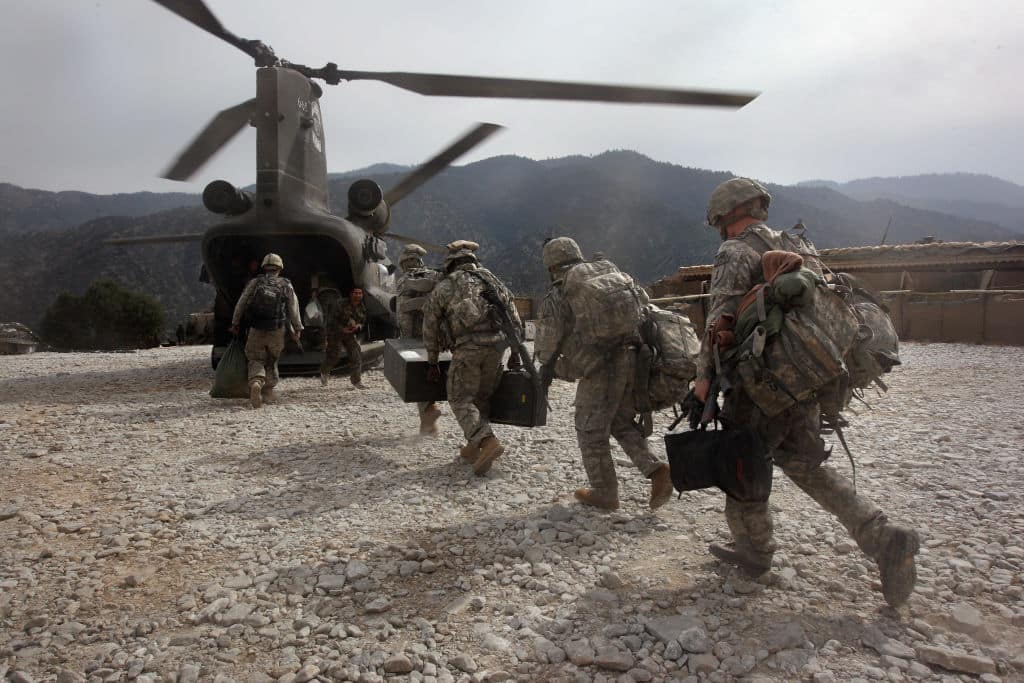Even before the United States and the Taliban announced a peace deal and withdrawal plan in late February 2020, the Taliban had been slowly regaining a foothold in Afghanistan. President Biden extended the initial withdrawal date from May 1 to September 11, but as the Afghan military acquiesced to the advancing Taliban, it became clear that even an extension was not enough time to prepare for the worst.
On the latest episode of the Drill Down podcast, Eric Eggers and Peter Schweizer are joined by former Congressman and GAI fellow Jason Chaffetz to untangle the mess of ending the twenty-year war in Afghanistan.
Chaffetz once chaired the House Oversight Committee and oversaw numerous reports detailing the haphazard and corrupt mismanagement of the war in Afghanistan. From cashmere goat graft (pg. 23) to ghost soldiers, the failures in Afghanistan were manifold. Which poses: the question: Could this disastrous withdrawal have been anticipated?
Many State Department officials and members of Congress have expressed concerns that the Afghan military might quickly collapse, leaving tens of thousands of Americans and allies, and their families, stranded as conditions on the ground spiraled toward catastrophe.
President Biden said he stands fully behind his withdrawal plan, citing the swift turn of events as evidence of the futility of remaining. But that’s answering an argument no one’s making. Ending a twenty-year war is a policy with broad American consensus. Ending it so incompetently, with such tragic consequence, is all on American leadership – starting at the White House.

